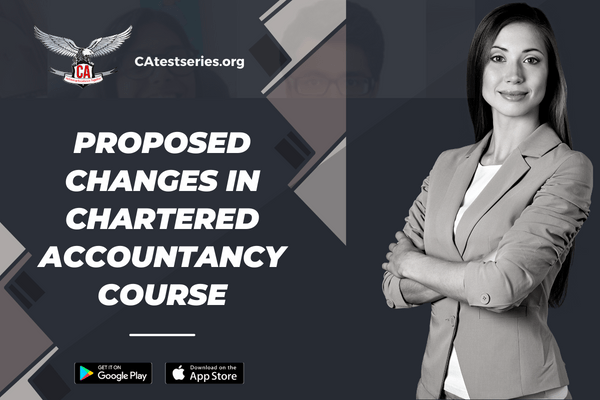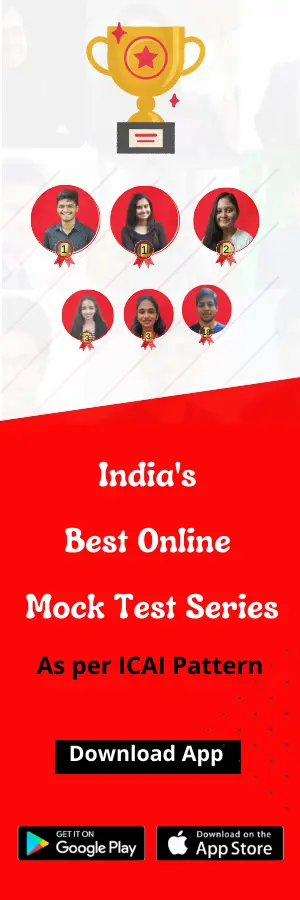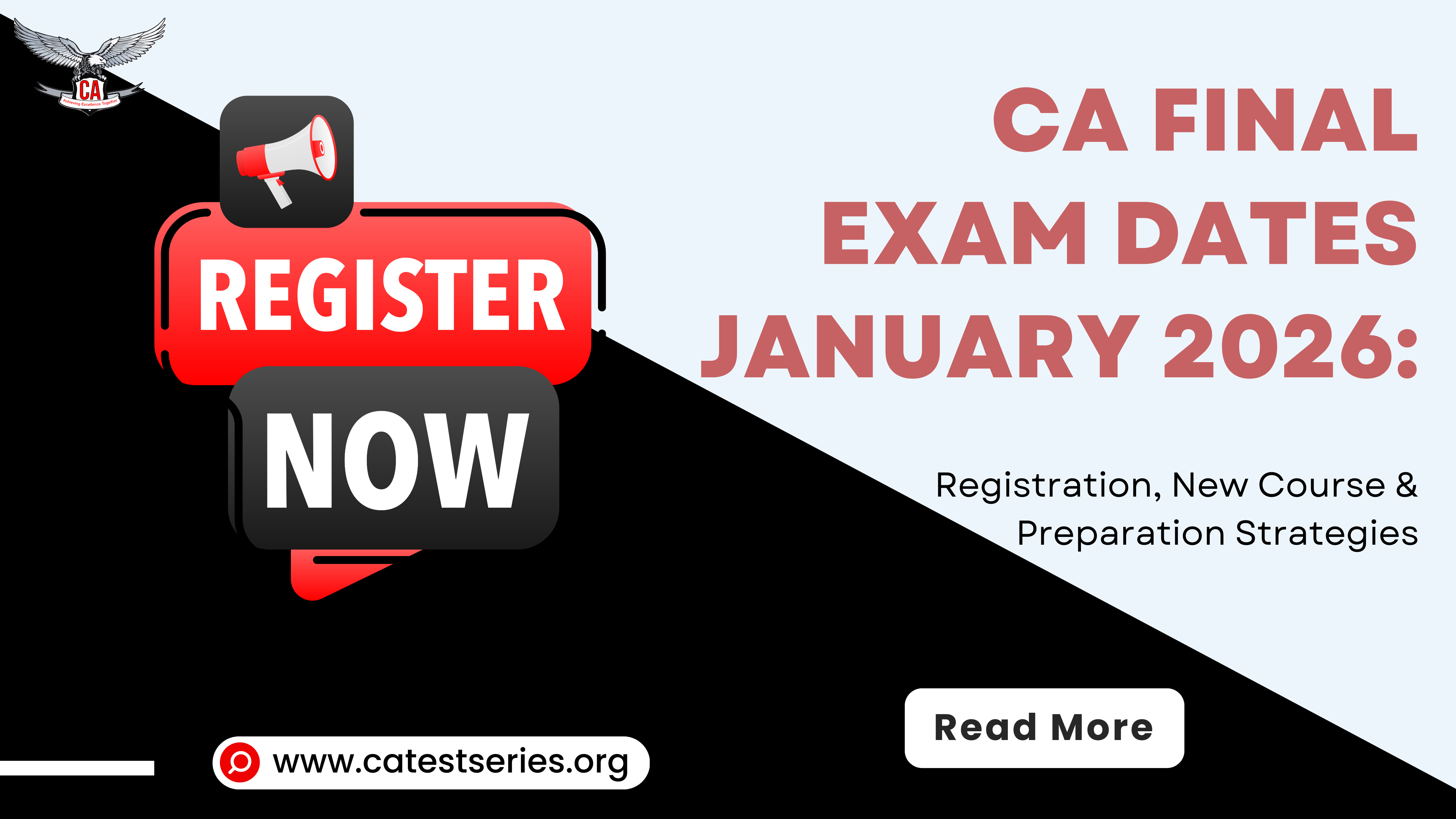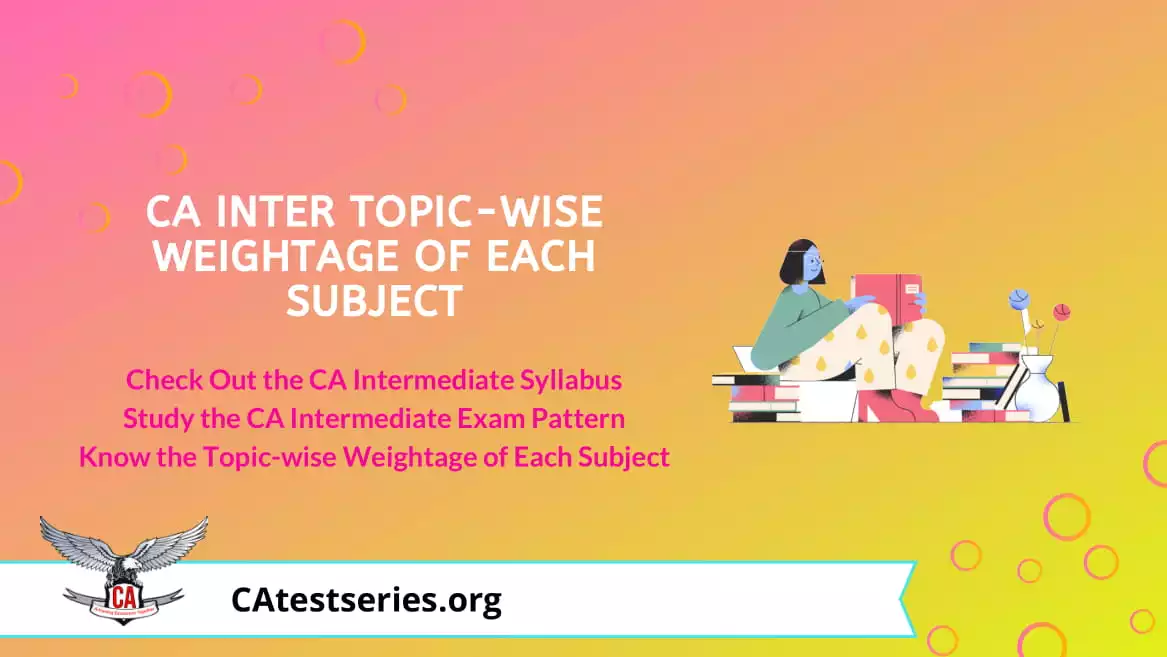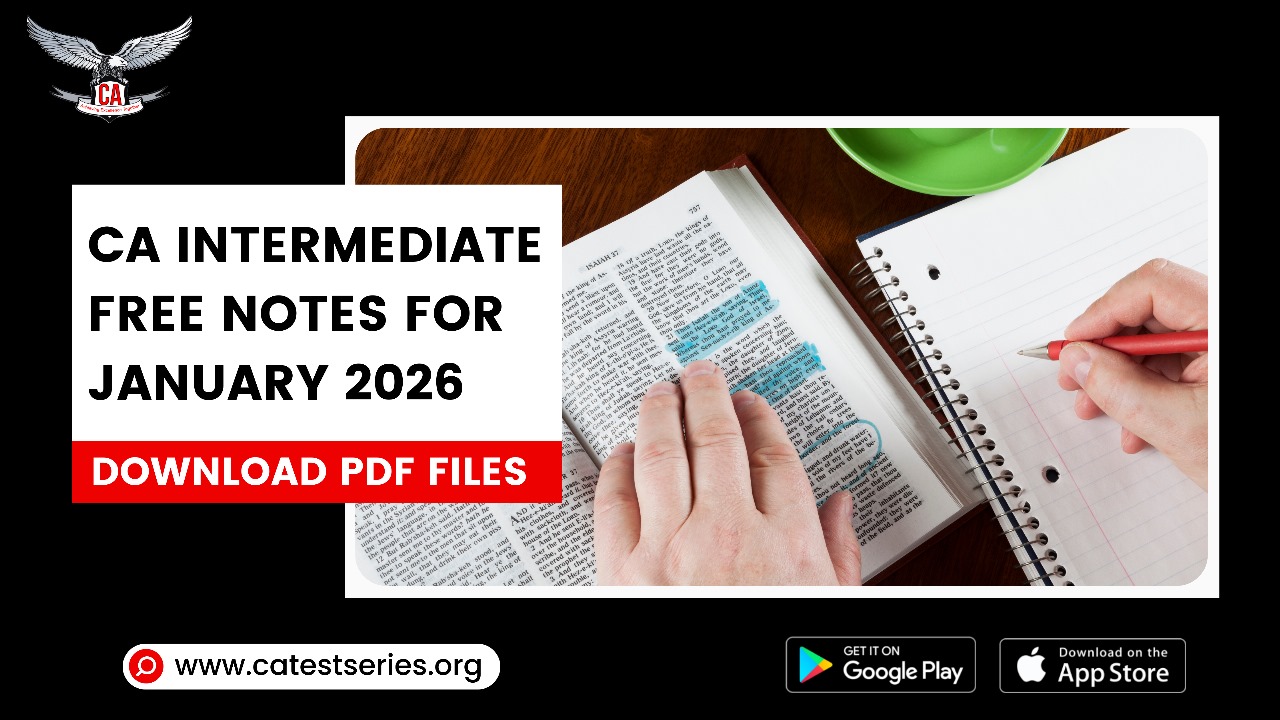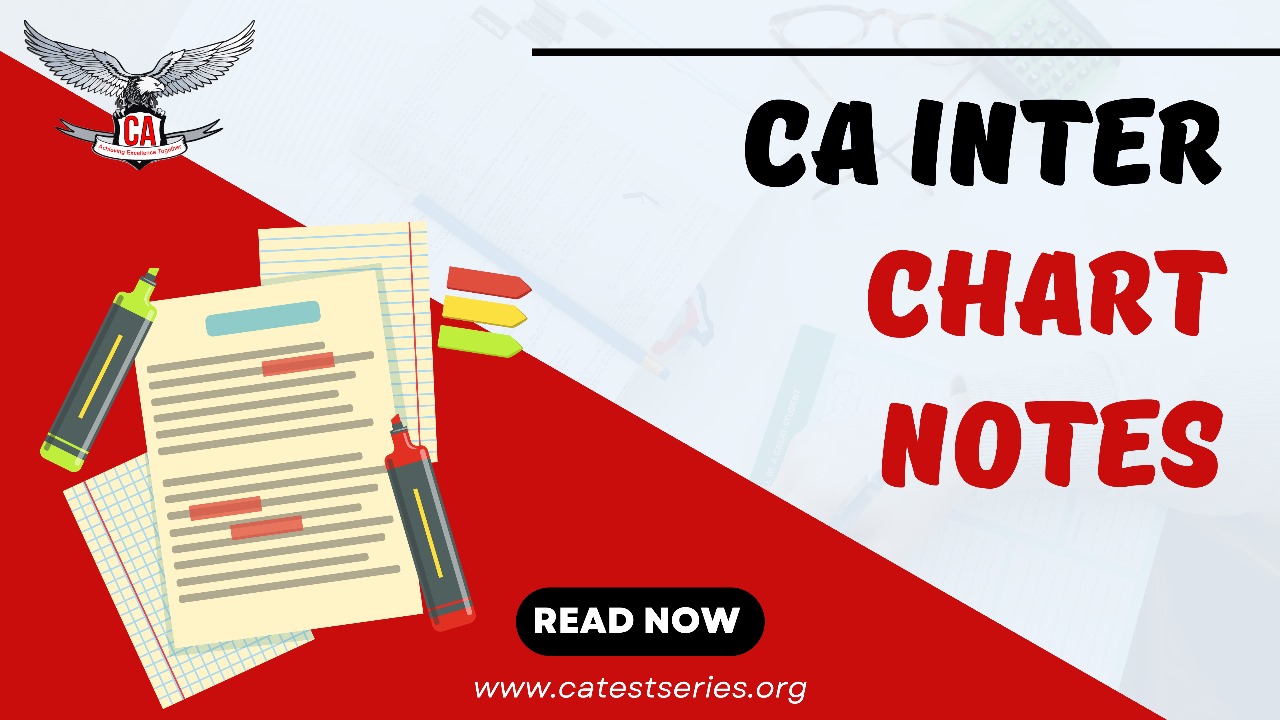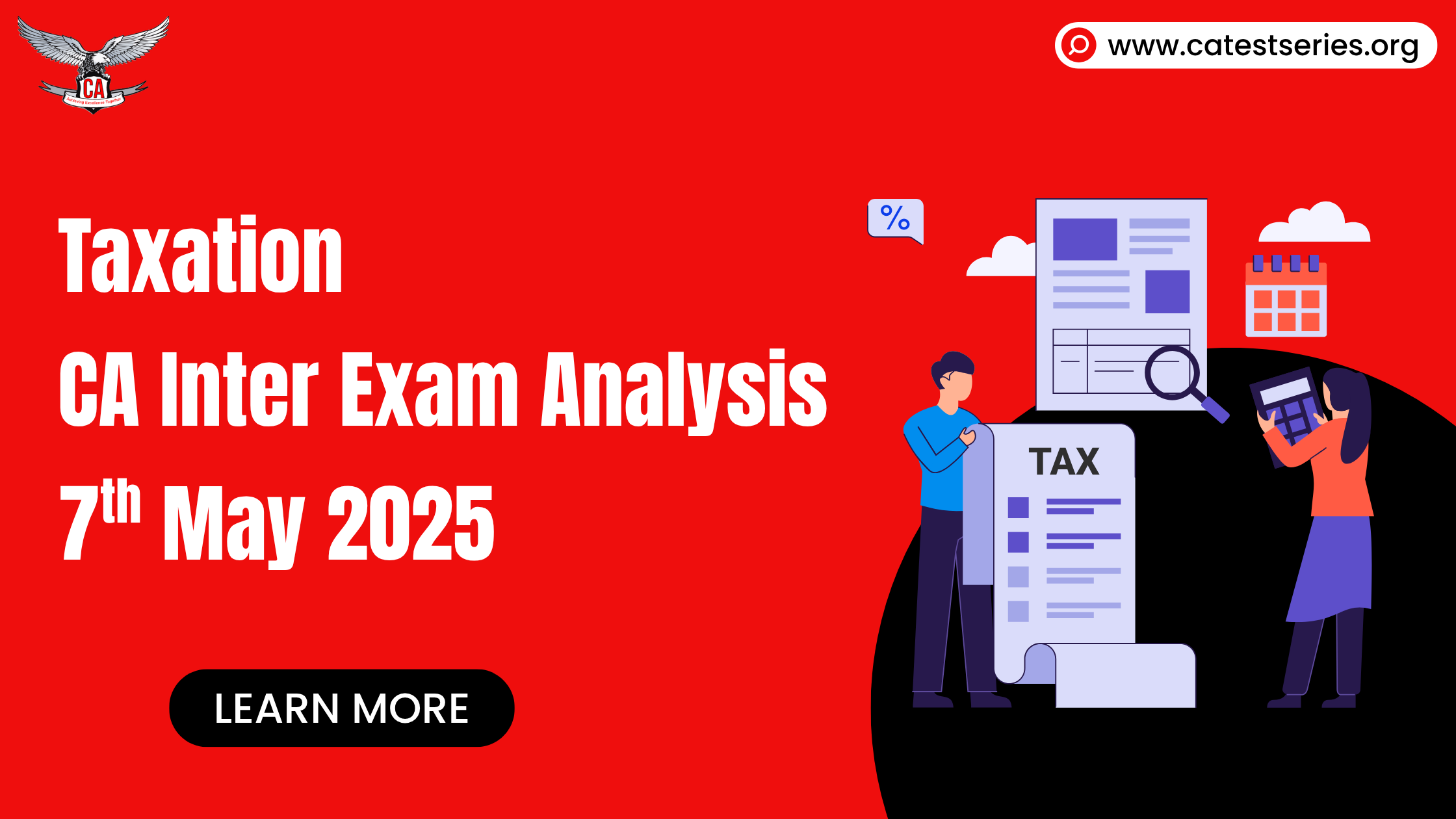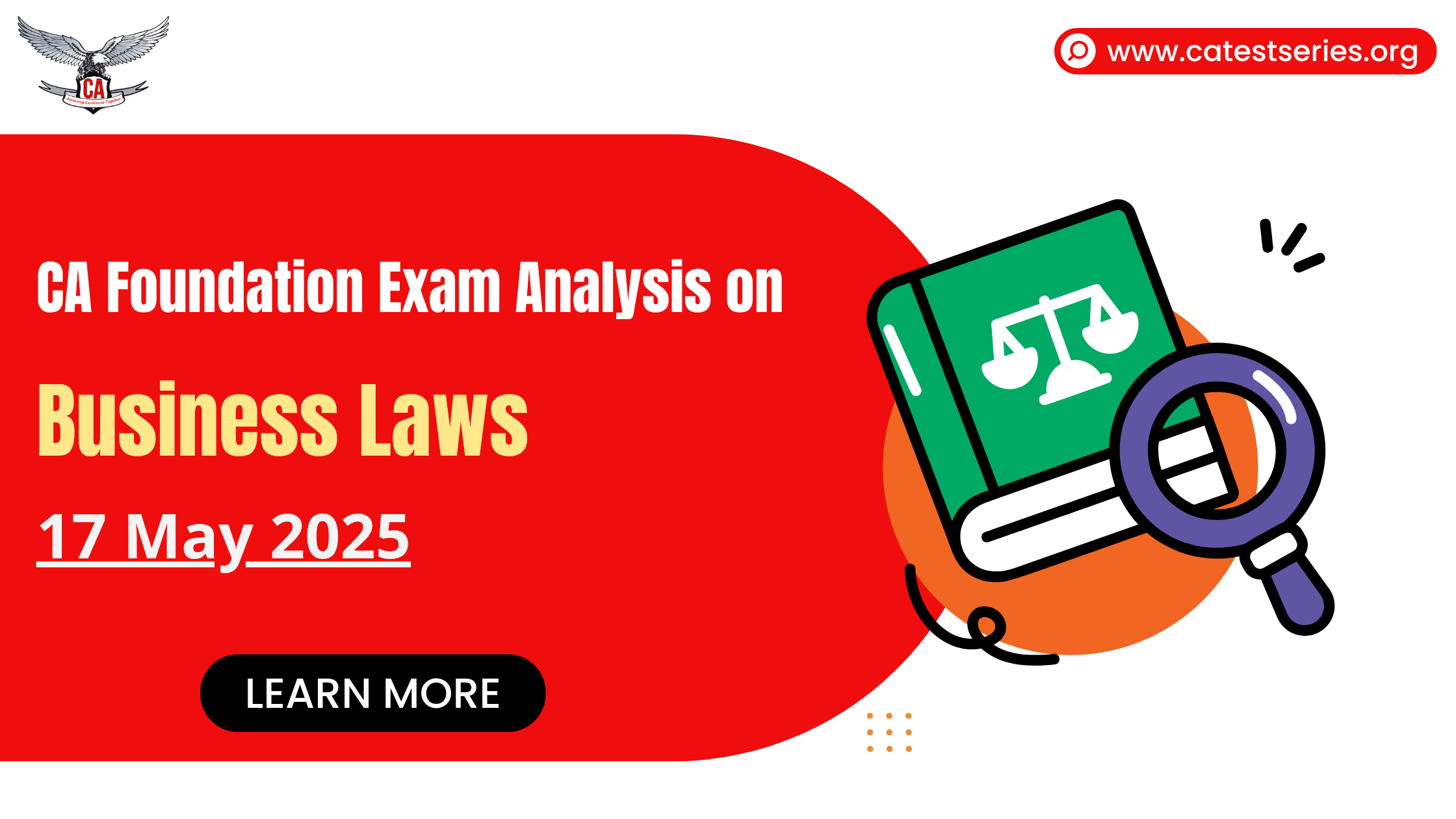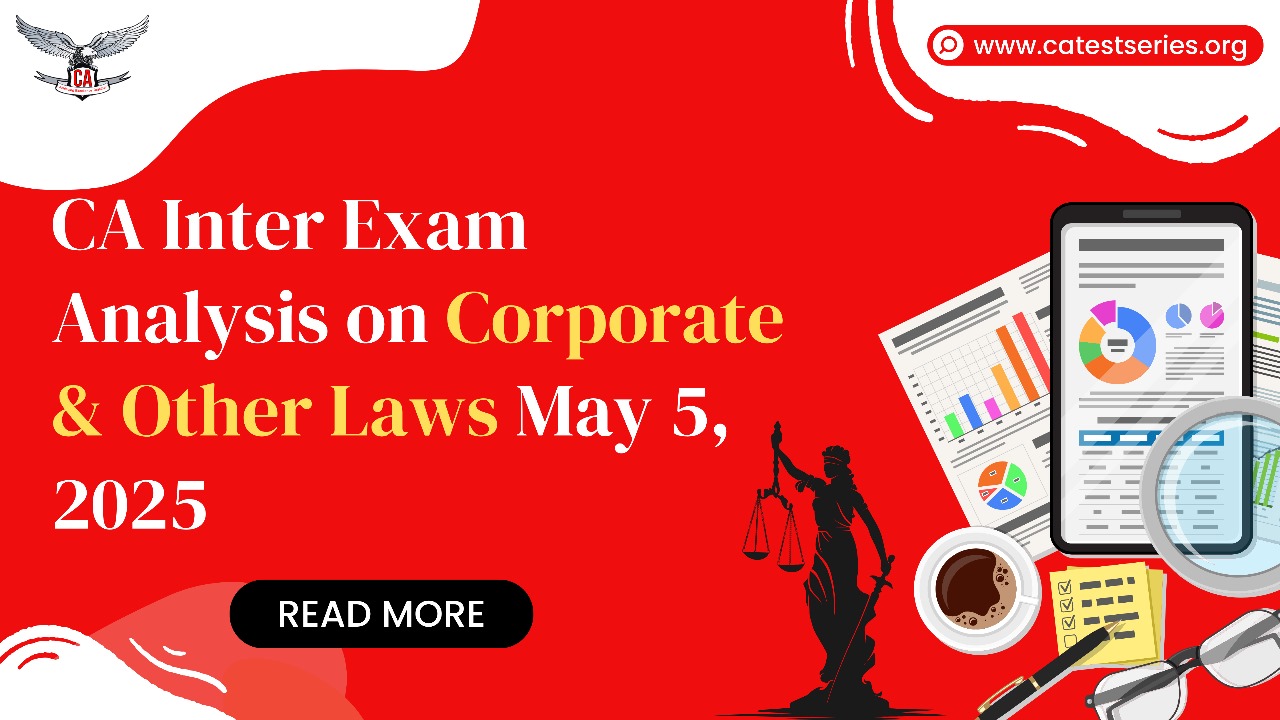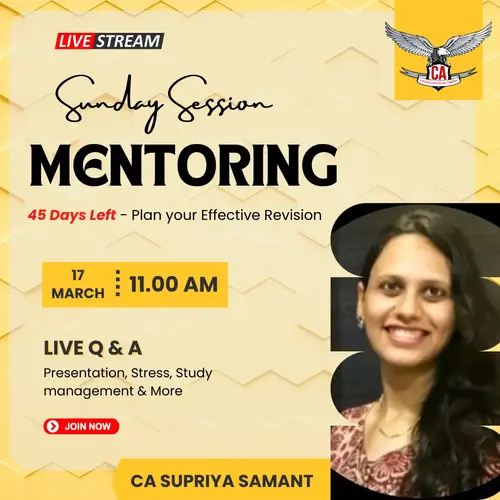Course by Course Changes in CA Course for 2026- In easy language
Socrates has rightly said, “The secret of the change is to focus all of your energy not on fighting the old, but on building the new”.
As we are aware that the Institute of Chartered Accountants of India has received in-principal approval of Ministry of Corporate Affairs on the Proposed New Scheme of Education and Training of Chartered Accountancy Course. This article will throw a light on all the changes in the new scheme vis-à-vis the existing scheme. As the headline of this article simply means changes are inevitable and so we should try focusing on the new things and the motive behind these changes in the existing scheme of education.
International Recognition to the Chartered Accountancy Course of India:
The Chartered Accountancy Course is considered as second toughest course of the world. The course content will be brought about a change in order to align it with the International Curriculum. This step will ensure that the students clearing Chartered Accountancy examination in India will be recognized as global ready Chartered Accountants. There will be similar course content for all the national and international students barring some subjects like Taxation and Law which will be country specific.
There is no change in the number of levels of examination; It is the same number and with the same names i.e. Foundation, Intermediate and Final.
Number of Subjects in the entire course more or less remains the same. The changes more or less seems like ‘Old Wine in new bottle” with reference to duration or the contents of the course.
Level | No. of subjects in old structure | No. of subjects in the new structure | Remarks |
Foundation | 4 | 4 | The reduction in number of subjects i.e.2 at each level is compensated by the introduction of 4 self-paced learning modules. |
Intermediate | 8 | 6 | |
Final | 8 | 6 |
The Self-Paced Learning modules can be learnt and qualified after qualifying the Intermediate examination of ICAI.
The validity of registrations of different levels is mentioned in the table below:
Level | Period of Validity of Registration |
Foundation | 4 years |
Intermediate | 5 years |
Final | 10 years |
The revalidation is allowed after the end of aforesaid period at the respective levels.
The type of questions that will be asked at different levels of the Chartered Accountancy Course and the pattern of examination are as follows:
Level | Type of Questions & Examination Pattern |
Foundation | Partly Subjective and Partly Objective |
Intermediate | 30% questions to be MCQ/ Case Study Based & 70% to be Descriptive Questions. This will be a closed book examination. |
Final | 30% questions to be MCQ/ Case Study Based & 70% to be Descriptive Questions. This will be an open book examination. There will be mandatory multi-disciplinary case study paper. |
Mandatory Study Period introduced in the new scheme as follows:
Level | Mandatory Study Period |
Foundation | 4 months |
Intermediate | 8 months |
Final | 6 months |
Students can appear at Foundation level after appearing in Class 12th examination after completing the mandatory study period. Students can appear at Intermediate level after passing Foundation Level or through Direct Entry Route after completing the mandatory study period. Students can appear at Final level after passing Intermediate Level, completing 2 years of practical training, completing and qualifying 4 self-paced learning modules, completion of mandatory soft skills and IT training and after completing the mandatory study period.
Criteria for passing the different levels of Chartered Accountancy Course are as follows:
Level | Passing Criteria |
Foundation | 50% in each paper. There will be negative marking of 25% in MCQ questions. |
Intermediate | 40% marks in individual paper and 50% in aggregate. There will be negative marking of 25% in MCQ questions. |
Final | 40% marks in individual paper and 50% in aggregate. There will be negative marking of 25% in MCQ questions. |
- A candidate is said to score exemption in any paper when he secures 60 or more marks in that respective paper. Such exemption will be valid for only 3 attempts that means the student has to qualify the other papers of that group in next 3 attempts. The exemption can be availed subject to passing marks of 50% in each paper.
- The concept of Accounting Technician Course (ATC) has been replaced by the Business Accounting Associate (BAA). Students who are unable to qualify the final stage may go for this option after fulfilling the prescribed criteria.
- Some relevant changes have been brought about in the Practical Training Structure under the Proposed Scheme. Such significant changes are as follows:
- There will be continuous practical training for a period of 2 years instead of 3 years under the existing training structure.
- One can go for practical training only after qualifying both groups of Intermediate examination.
- As there will be no examinations conducted in the tenure of practical training, the number of leaves allowed has been restricted to only 12 days in a year.
- Students can opt an option to undergo industrial training in the last 9 to 12 months of their practical training.
- This change will be very much welcomed by the students, the stipend paid to article assistants presently will be doubled under the new scheme, i.e. 100% increment in the existing payment.
- The Soft Skills training will be twice in the course, once before starting the practical training and the another one before appearing for Final examination. The Information Technology training should be completed before appearing for Final examination.
- The members of Institute of Chartered Accountants of India desirous of taking Certificate of Practice (COP) have to undergo One year post qualification work experience in a Chartered Accountants Firm. This requirement can be done away with if the member has worked with any Fellow Chartered Accountant Firm for one year in last 5 years before making such application of COP.
- The Four Self- Paced Modules are interesting additions in the Course where First and Second Module is compulsory online module designed by the Institute of Chartered Accountants of India, namely, Economic Laws & Strategic Cost Management and Performance Evaluation. The Third and Fourth Modules are optional online modules, where students are supposed to choose from the various alternatives available.
- Candidates can enter into Intermediate Course through Direct Entry Route also. Following candidates are eligible: Candidates who have qualified the Intermediate Level examination of Institute of Cost Accountants of India or Institute of Company Secretaries of India.
- Commerce Graduate/ Post Graduate with 55% Marks and Graduates/ Post Graduates of another stream with 60% Marks.
- The subjects removed from the existing scheme under Foundation Course are Business Correspondence & Reporting and Business & Commercial Knowledge.
The subjects removed/changed from the existing scheme under Intermediate Course are as follows:
- Accounting & Advanced Accounting has been merged into a single subject.
- Laws to include only Company Law. Other Laws have been removed from course content of this particular subject.
- Enterprise Information Systems has been removed as the contents are covered in the Information Technology Training.
The subjects removed/changed from the existing scheme under Intermediate Course are as follows:
- The Corporate and Economic Laws has been removed as it is covered under Self-Paced Learning Module.
- The Strategic Cost Management and Performance Evaluation has been removed as it is also covered under the Self-Paced Learning Module.
All in all, there are not many changes except few in the proposed scheme of education and training structure. Currently, ICAI has set up CRET(Committee) and its groups and also invited comments from its members for the said scheme.

